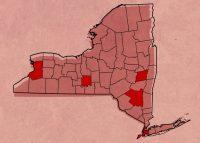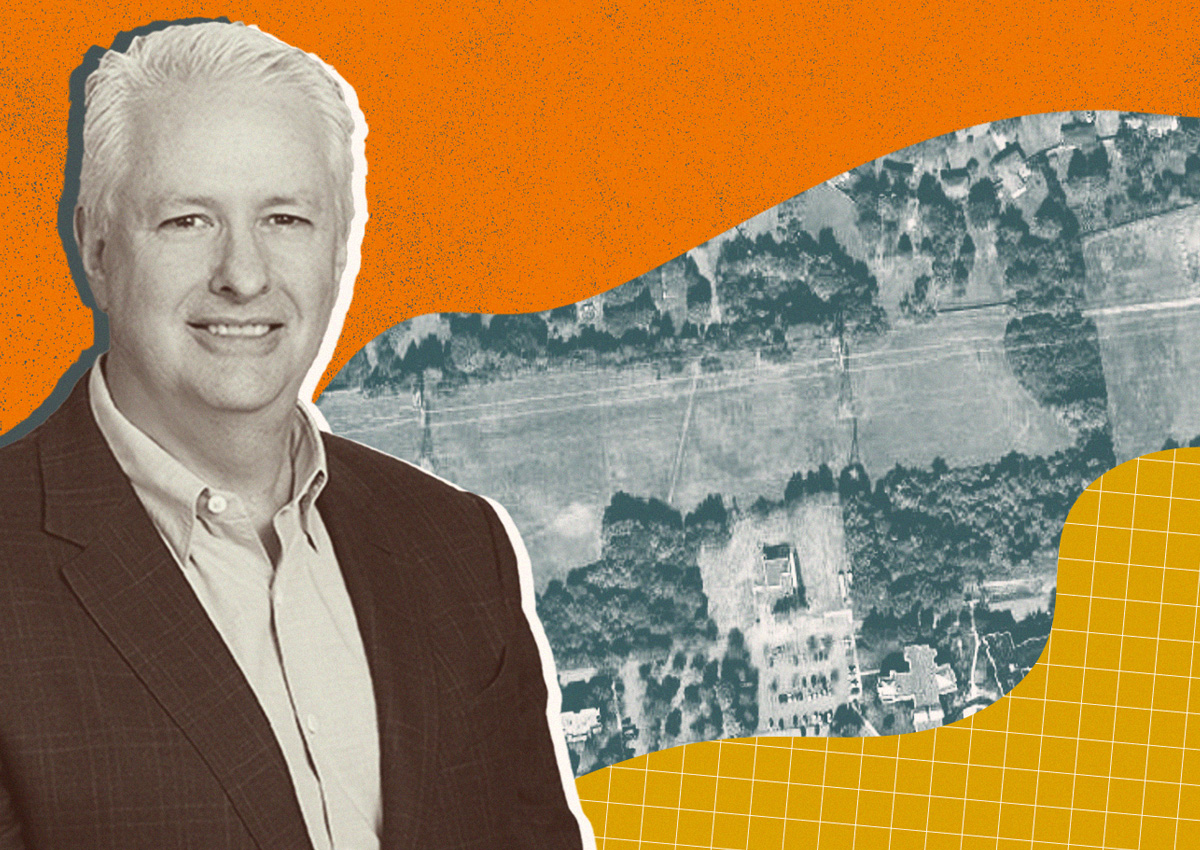After 27 months, the Ulster County Industrial Development Agency lifted a moratorium on subsidies for housing projects with nothing to show for it.
The IDA ditched the moratorium in December, New York Focus reported.
The moratorium was designed to create time for the agency to come up with a new housing policy that aligned with the Hudson Valley county’s needs, but was eliminated before anything was formalized.
It wasn’t necessarily for a lack of trying. Board members spent a year studying other IDAs in New York and started drafting a policy based on neighboring counties’ best practices.
The document has yet to be completed, and the IDA voted to lift the moratorium in order to ignite “a fire under everybody to come up with a better policy,” according to Ulster County IDA board chair Mike Ham. Ham argued a new policy could be developed quickly once new housing subsidy applications start coming in.
The moratorium’s dismantling led to two anti-subsidy members resigning from the board. Both cited personal reasons as the cause of their exits. The board has a history of losing or ousting anti-subsidy proponents.
IDAs use tax breaks to bring projects — particularly industrial operations — to a community as a means of creating jobs. Many in the state also allow tax breaks for housing projects, though the specifics of those vary by agency.
Read more



In Ulster County, the current policy allows developers to score tax breaks for retirement homes and workforce housing, but fails to define the latter or specify income levels for affordable housing. That’s led to frustration from community members who don’t benefit from the creation of permanent jobs and see property tax revenue taken from the school system.
There’s an open debate now over the use of IDAs to help financing housing projects. Across counties, there is no universal mandate for affordability levels needed to qualify for tax breaks, so even if a project does generate local support for adding affordable housing, there’s no guarantee those units will be plentiful or deeply affordable.
— Holden Walter-Warner
